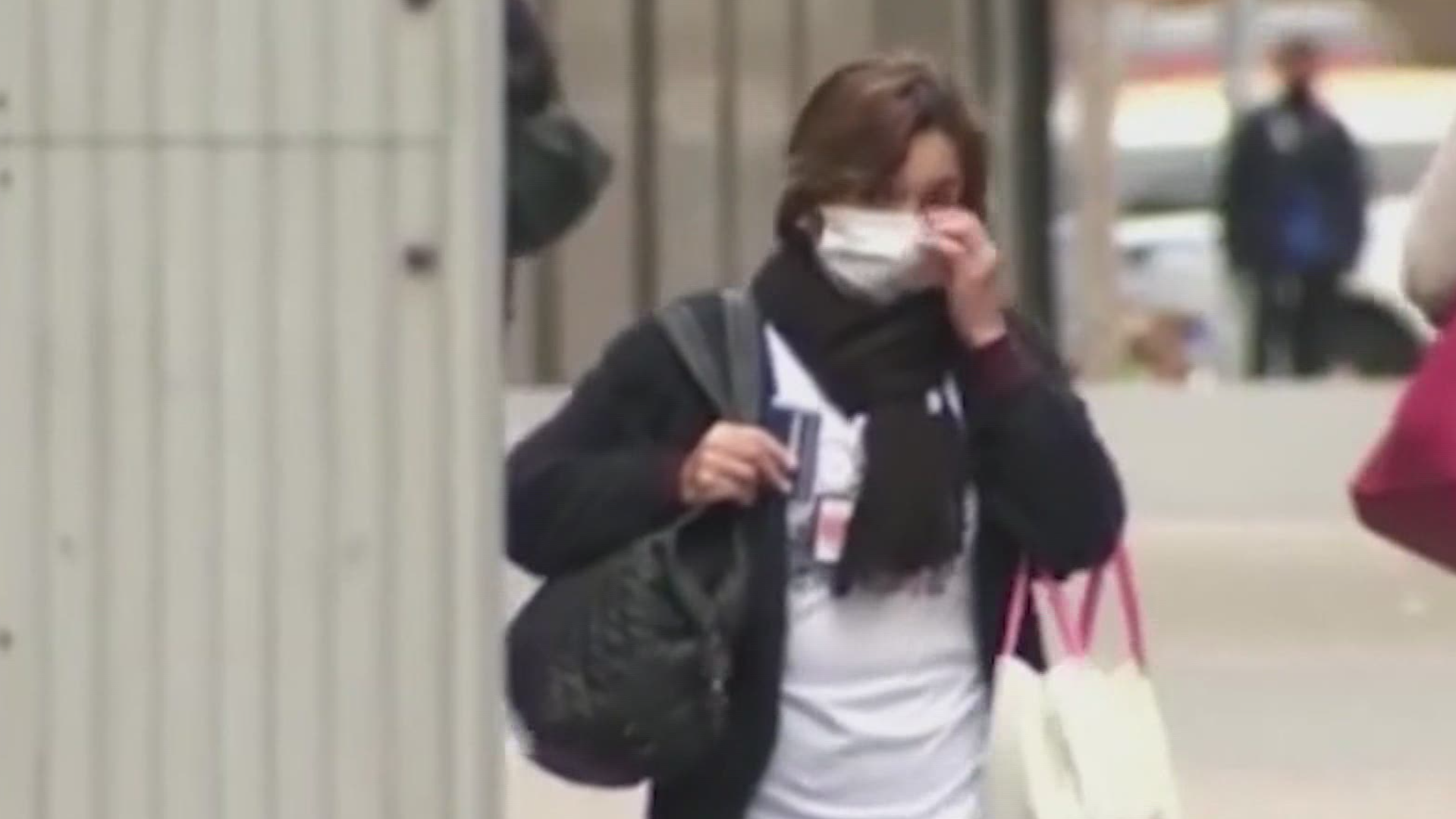HUNTSVILLE, Alabama — UAB hospital has given about 6,000 doses of the COVID-19 vaccine in the past week. But, your responsibilities don’t end once you get your shot.
Dr. Jeanne Marrazzo, Director of UAB's Division of Infectious Diseases, says, “The vaccine is not a passport to a mask-free society.”
Dr. Marrazzo says it’s important for people who’ve been vaccinated to avoid a false sense of security.
One big issue is that it’s still unknown just how long protection from the vaccine will actually last. Dr. Marrazzo says, “We’re hopeful it’s at least a year and that year will give us some time under our belt to get tons of people vaccinated and maybe get this under control. So, we don’t know how long immunity lasts. So you have to assume, even if you’re vaccinated, you might still be vulnerable.”
We’re told the hospital has been able to meet the vaccine storage requirements, and hasn’t had to dispose of any wasted doses.
Vaccine recipients will have to follow up with a second dose after the initial shot. But, there’s still a chance they can catch COVID between those visits. Dr. Marrazzo says, "If you got vaccinated last week and you’re out and about this weekend, maybe without a mask, or maybe you see people who you don’t know are in a bubble or negative, it’s highly possible you can get infected given our infection rates.”
So, what happens then?
Dr. Marrazzo answers that question by saying, “Do you tell those folks to come back in three weeks or four weeks to be vaccinated or do we have them wait a little longer? That’s something we are literally figuring out in real world time.”
Alabama is already in a tough position in the fight against COVID-19. Dr. Marrazzo tells reporters, “We’re also now 3rd in the nation in per-capita COVID hospitalizations.”
A new, and possibly more contagious, variant of coronavirus out of the UK has already made it's way to the U.S.
The first case has been reported Tuesday.
Dr. Marrazzo says we could feel the impact here. She adds, “Right now we think the vaccine is going to protect us against that strain. But, is there a possibility that that could come into the picture and even so, more rapid transmission here in the U.S.-- absolutely.”
UAB HOSPITAL ON RECORD-BREAKING HOLIDAY TRAVEL NUMBERS
In just the past few days, we’ve seen numbers of travelers that have shattered previous records during the pandemic. This spike in travelers could mean a spike in COVID cases soon.
On December 27th, almost 1.3 million travelers made their way through American airports-- the highest number we’ve seen during the pandemic. UAB Hospital says people who are traveling for the holidays are constantly working against them as they work to stop the spread.
We heard from Dr. Jeanne Marrazzo, Director of UAB's Division of Infectious Diseases. She says, “This is probably going to portend a spike on top of a surge, on top of a spike.”
Dr. Marrazzo says the holiday spread is going to catch up to us. She adds, “We really haven’t recovered from the Thanksgiving reverberations yet. If Christmas is any indication, we will probably be seeing more cases.”
The hospital broke a threshold with over 200 COVID patients earlier this week. Dr. Marrazzo attended to patients over the Christmas holiday and says the statistics don’t reflect the devastation some experience. She tells reporters, “I saw so many patients in the last week who were in the Intensive Care Unit with pneumonia, with bacterial infections, with blood clots, with strokes-- all of these things that would not have happened if they had not gotten COVID.”
Dr. Marrazzo predicts, based on the trends we’re seeing, the number of in-patients could skyrocket over the next two weeks. She says, “It could be as high as 400 patients-- and that’s double what we have now.”
UAB hospital is considering the possibility of taking emergency steps. Dr. Marrazzo says, “I wouldn’t call it a crisis yet. There are official crisis-mode activities that we have not taken yet, and that does involve calling additional people in. But, those activities and that plan is being evaluated. I mean, we have to be ready to do it.”
This could mean ‘elective surgeries’, which for many people are absolutely necessary, could be discontinued. Dr. Marrazzo says, “Then you’re really talking about limiting admission or having to decide who is sick enough to admit. That’s really a position that makes us very anxious.”

